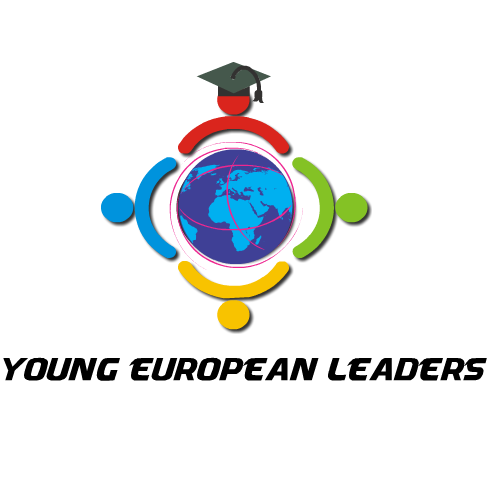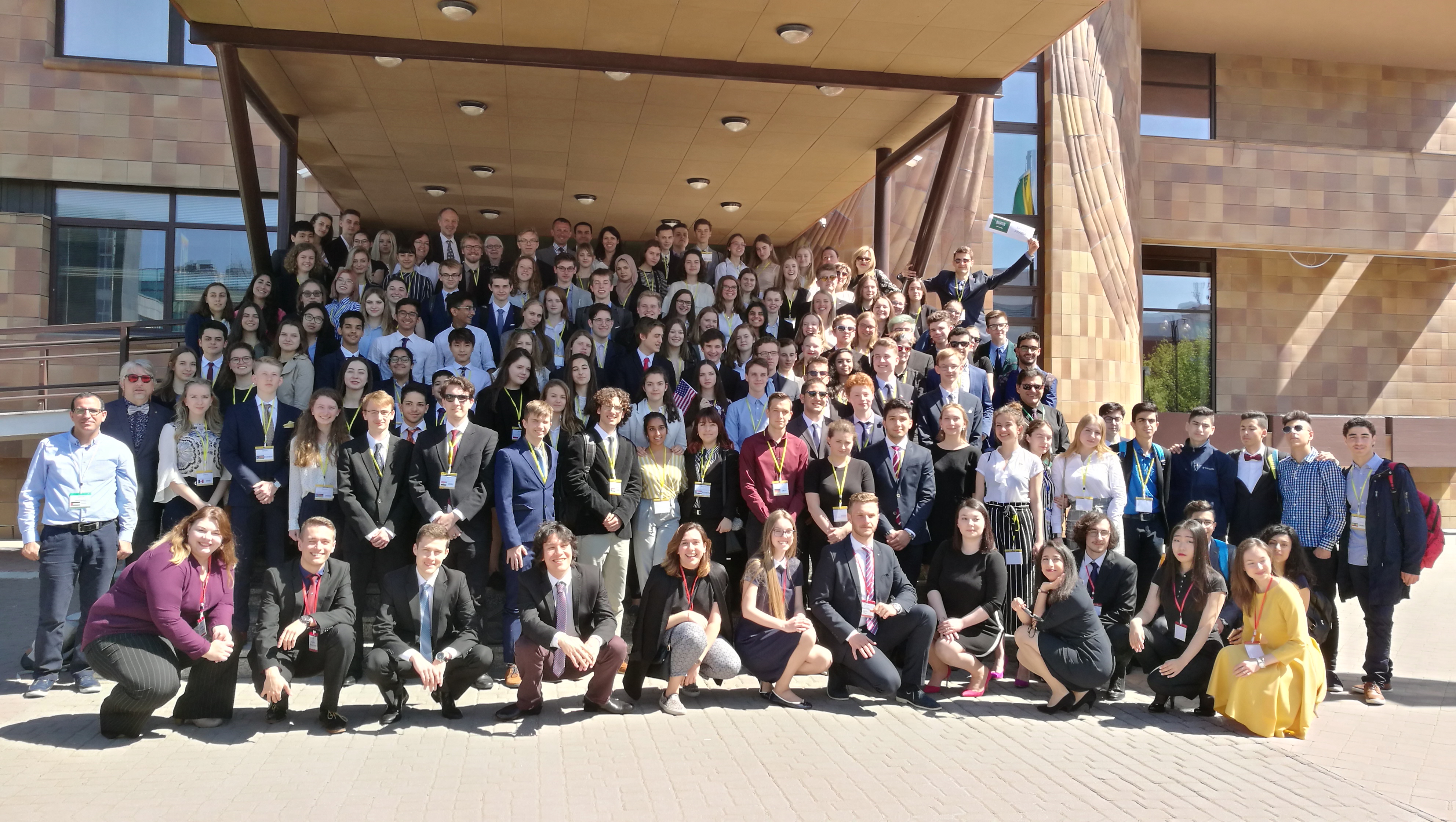
PROJECT LINKS:
The schools involved in this strategic partnership have identified a need to improve not only basic and transversal skills of their learners (e.g. communication, leadership and ICT skills) but also the need of young people to participate actively in a local community and society, also at a national and international level. This can be done through the complex of effective and highly motivating activities implemented in the schools in the course of the school year – directly in the subject content or in the youth/debate clubs organised after school leading/resulting to the participation in an international model UN conference organised by the students and supervised by the teachers. Model United Nations (MUN) as an educational simulation and academic competition in which students learn about diplomacy, international relations, etc. involve and teaches research, public speaking, debating and writing skills, in addition to critical thinking, teamwork and leadership skills.
The objectives of the project are to improve communication and argumentation skills (in mother tongue and in a foreign language – English, French and Spanish), increase social and intercultural skills (via the interaction and collaboration in the youth/debate clubs) and promote active citizenship. The use of ICT tools should provide them with the increased level of digital competence.
The project activities involve sharing information and best practice exchange during the transnational meetings, staff training in methodology and ICT tools, students and teachers virtual mobilities combined with physical mobilities and joint project work of groups participating in the model conference. The partnership will develop, test and implement the new learning and teaching materials based on a student-centred approach and peer learning thus enriching a school curriculum. Long-term study mobilities of students are planned first to introduce the project ideas personally by the student-experts from the coordinating school to the partner schools, secondly to increase the language competence for debating in English, French and Spanish and to promote international aspect of the cooperation. The students participating in the long-term mobilities will be the members of the debating teams created at each school and will benefit from the international learning environment and collaboration.
During the model conferences, the target group, highly motivated advanced learners (of English mostly, but also of French and Spanish) with political interest and open-minded attitude towards other cultures, referred to as delegates are placed in committees and assigned countries to represent their standpoints backed up with detailed knowledge about international foreign affairs which they collected via a transnational exchange of information many months before. They are presented with their assignments in advance, along with a topic or topics that their committee will discuss. Delegates conduct research before conferences and formulate positions that they will then debate with their fellow delegates in committee.
The project should be carried out transnationally to present the realistic simulation of the United Nations in the preparatory phases at the different schools where the students prepare political topics of worldwide interest usually in extracurricular debating clubs. Globalization and European integration of nations is substantial and inseparable part of basic and transitional skills, which should be developed. It is also vital to share different approaches of different countries. For example students from Germany, a country with the smallest youth unemployment can collaborate with the students from Spain, with the highest one, to find reasons and consequences of this state to search for important skills to avoid youth unemployment.
All the schools in the partnership are convinced of the added value of international cooperation among schools and its motivational function because there is a growing demand among pupils/students and staff to broaden the horizon and explore sidepaths beyond the traditional curricula.

Co-funded by the Erasmus+ Programme of the European Union

